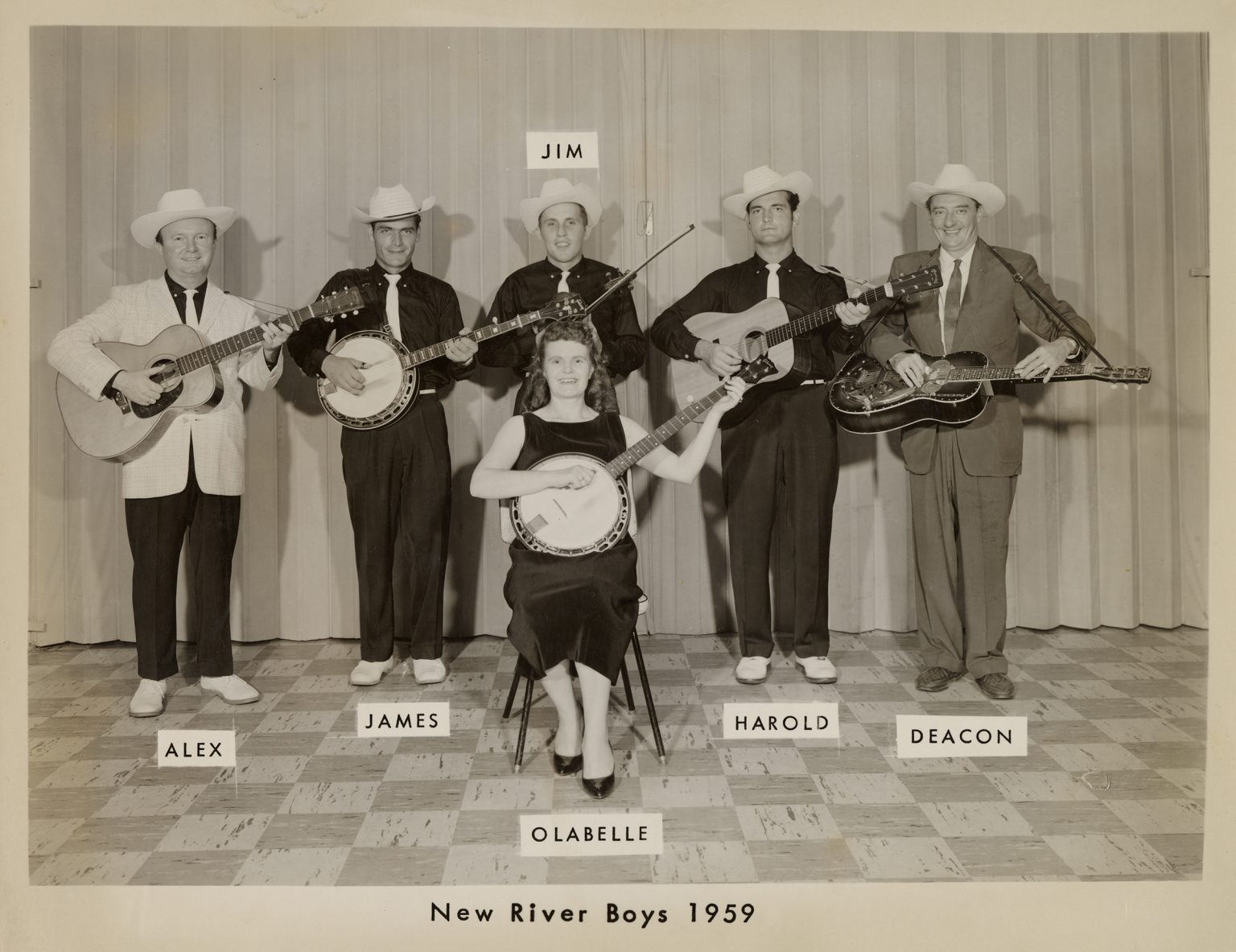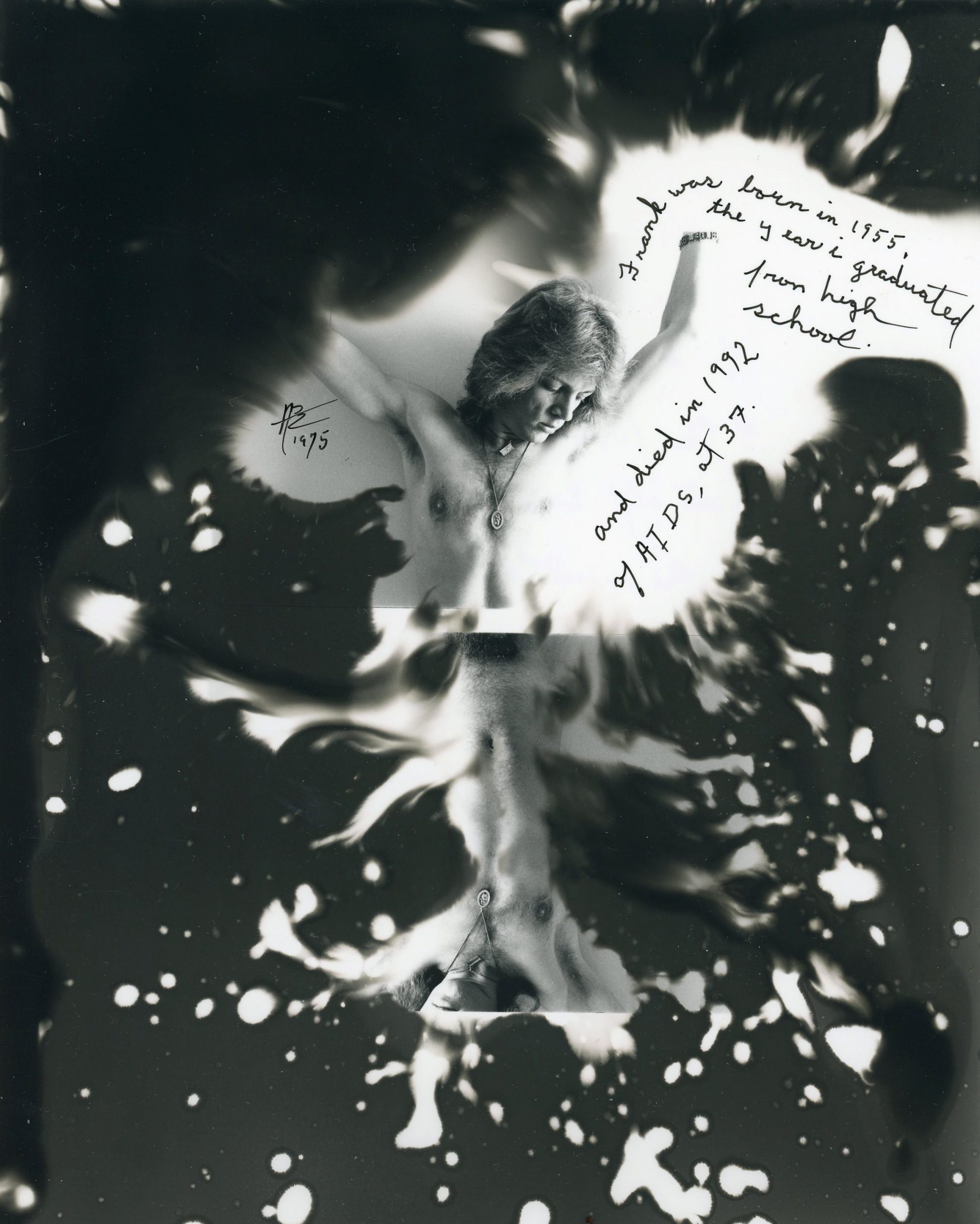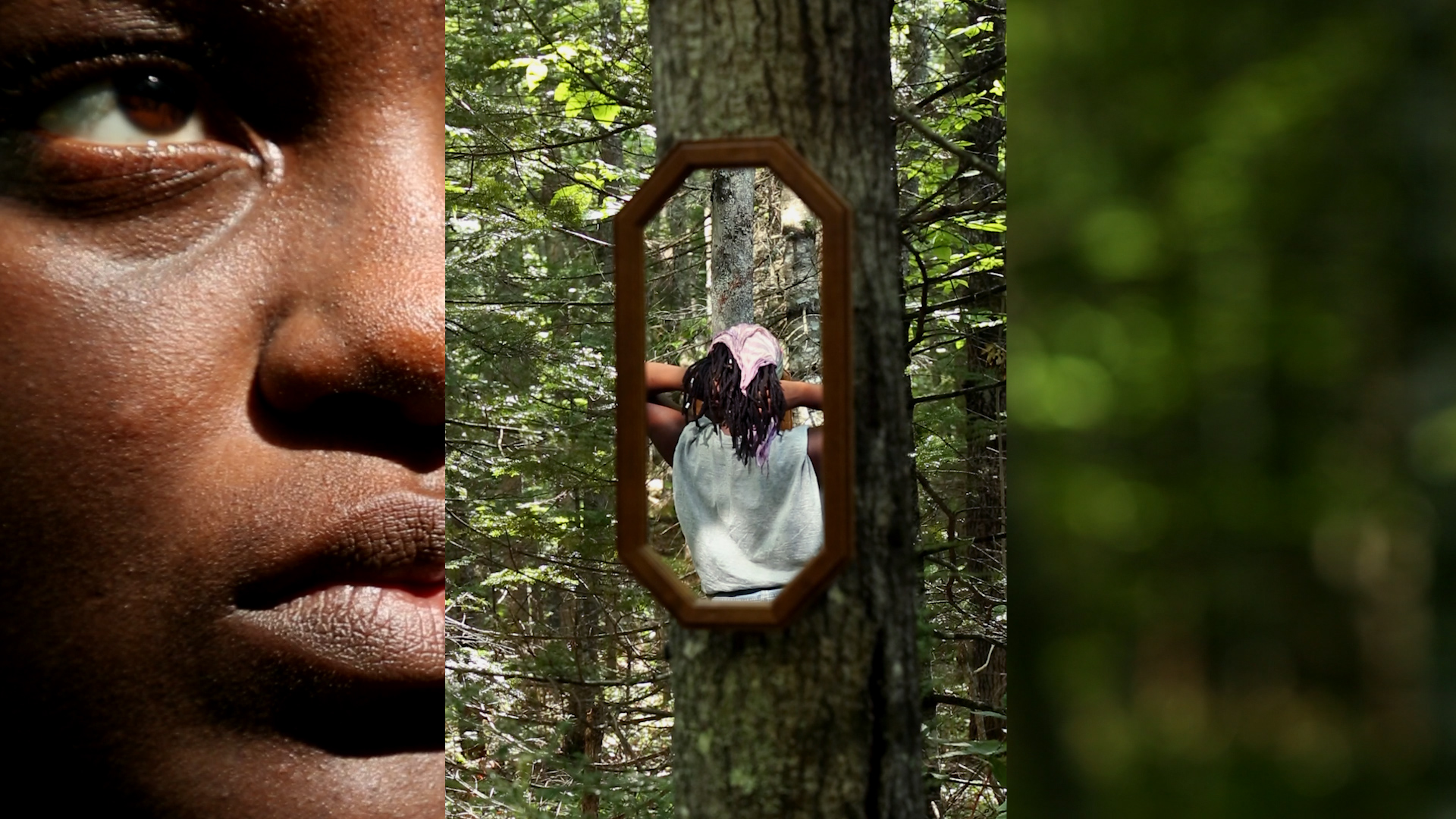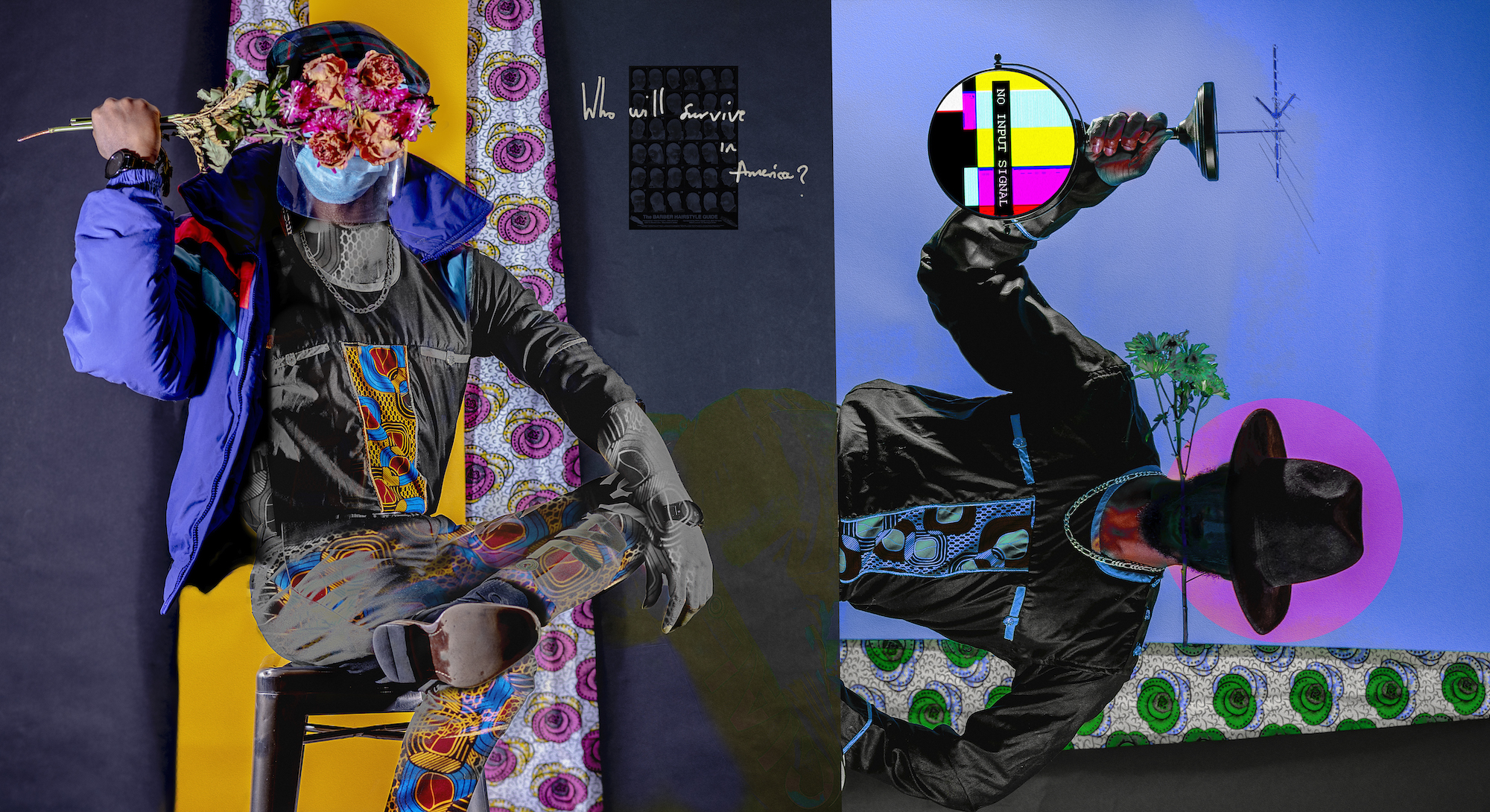Ola Belle Reed: I’ve Endured
Albin O. Kuhn Library GalleryThe Albin O. Kuhn Library Gallery presents Ola Belle Reed: I've Endured, an exhibition that explores the life and work of nationally recognized bluegrass musician Ola Belle Reed, contextualizing her achievements within a history of migration from rural Appalachia north in the twentieth century. With a voice born in the mountains and shaped by the hard times she lived and saw, Reed (1916–2002) established herself as a significant and influential banjo picker, singer, and songwriter of old-time mountain music.




